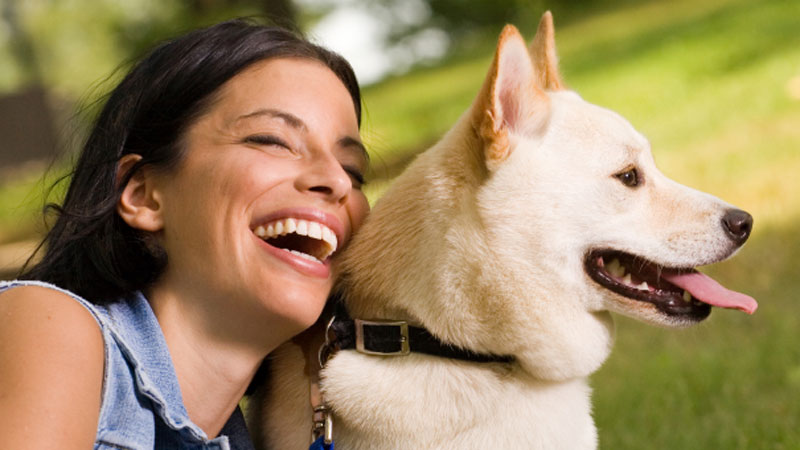Novice Pet Owner
If you decide to bring a dog into your home, there is no doubt you will be adding a devoted and loyal companion. However, it is important to consider everything that this new member of the family will require. It is not just a case of providing food, water and shelter; dogs require a lot of time and attention. The more time and effort you put into training, then you will have a happier and more relaxed pet.
The first thing to decide is whether to get a puppy or rescue dog. A puppy is undoubtedly very hard work for the first few months - there is toilet training to master, a bedtime routine, teething and socialisation with other dogs and humans. However, an older rescue dog may have already developed some bad habits and anxiety issues which could be harder to overcome, especially in a novice owner.
If you do decide on a puppy do some research and get in touch with a reputable breeder. You should be able to visit the litter and meet the mother. Buying from a pet shop or meeting someone at a motorway services is to be discouraged as puppies are often from farms.
The other important thing to consider is breed. Dogs come in a huge variety of sizes (2kg for a small Chihuahua to 90kg for a large Great Dane!). As well as space in your house, cost is certainly a factor - an antibiotic course for a Chihuahua would be considerably less than the equivalent course for a Great Dane for example, not forgetting monthly flea/tick and worming treatments and food!
It is essential to do your homework on breed traits as well as size. If you work long hours and won’t be able to guarantee twice daily walks, an active breed like a Springer Spaniel is probably not for you! Similarly, a breed like a Border Collie or Husky need a lot of mental stimulation and will inevitably become destructive if they get bored.
Once you’ve decided on a breed and age of dog, you need to plan a time of year. It’s not a great idea to get a new dog if you’re planning a holiday in the 2-3 months after it arrives. The ideal age to get a puppy is as close to 8 weeks as possible. Puppies go through a socialisation period between 8-12 weeks old. In this time, they tend to approach new experiences with curiosity rather than fear. If possible, introduce as many new things during this time as possible - trips in the car, noisy pubs, friends that have dogs that are fully vaccinated. After 12 weeks new things are approached with fear making it a lot more difficult to introduce into a puppy’s lifestyle.
When you pick up your new puppy, or rescue dog, make sure you continue the same food for at least 1-2 weeks. Your dog will have to cope with a change of environment and routine so keeping the food constant will help reduce the incidence tummy upsets.
It is a good idea to book a vet check with your new dog within 2-3 days of collecting it. Many vets will do this new pet check free of charge and make sure you have collected a healthy animal. It’s a good time to discuss flea, worming and vaccine regimes, getting the microchip checked and voicing any concerns or questions to a trained professional.
Getting into a routine is very important. We would advise setting a bed up downstairs rather than in your bedroom. They will often howl/bark for the first 2-3 nights but try not to give in and sleep downstairs or bring them in your bed! They need to learn to settle and sleep on their own. A night light, hot water bottle and the radio can help. Training classes are very valuable - not only for the dog but also a novice owner as you need to learn to teach your new pet and how to read their body language and respond appropriately.


